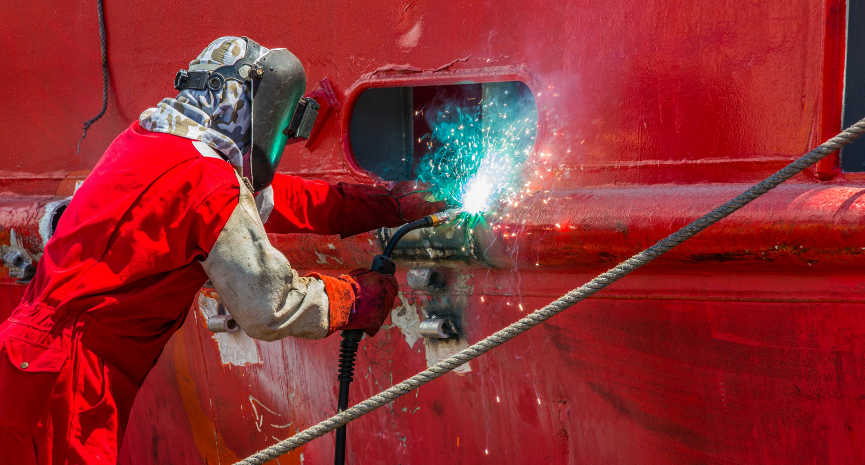TKR Engineering would like to wish everyone a belated Christmas 2020!
And why you need it Engineering management covers a wide range of field. Although there is a wide range of different kinds of engineering types, engineering management is where engineering is mixed with management. We have previously talked about engineering management and Read More
How Marine Engineering Has Kept Many Sectors Afloat and Sailing Marine engineering, by contrary beliefs, is a vital aspect of engineering for a lot of industries. Often, you can see oil and gas sectors, maritime companies, and export-import industries needing various forms Read More
Monthly Company Safety Training Every month, TKR Engineering’s parent company Misarma Enterprise will conduct a fire drill practice as a company safety training. This month, we did another fire drill company safety practice. We take workplace safety in high regards. In the Read More
And Why Civil Engineering Is So Sought After Civil engineering is a very popular branch of engineering. People generally need civil engineering just about anywhere in the world. It didn’t matter if it’s on a major scale or on a small scale, Read More
Keeping Your Boat Well Maintained Is Important Boat maintenance is a vital part of any boat upkeep. A lot of ships from any industry will need some form of boat maintenance. When companies say that they need boat maintenance, it usually means Read More
Why The Industrial Scare May Just Be Temporary – For Now The entire planet is on its way out from the Corona Virus scare, and so is the oil and gas sector. Of every existing industry on the planet, the oil and Read More
Things That Engineers Do To Design Plans Before an engineer goes on to execute his plan, he goes through the design process. The design process is an important procedure before they start constructing the building or structure. This extends into every area Read More
And Why People Don’t Talk About It Often We’re going to take a quick guess that not a lot of non-engineering people have heard of engineering management. However, engineering management is one of those areas that are great for engineers to have. Read More










